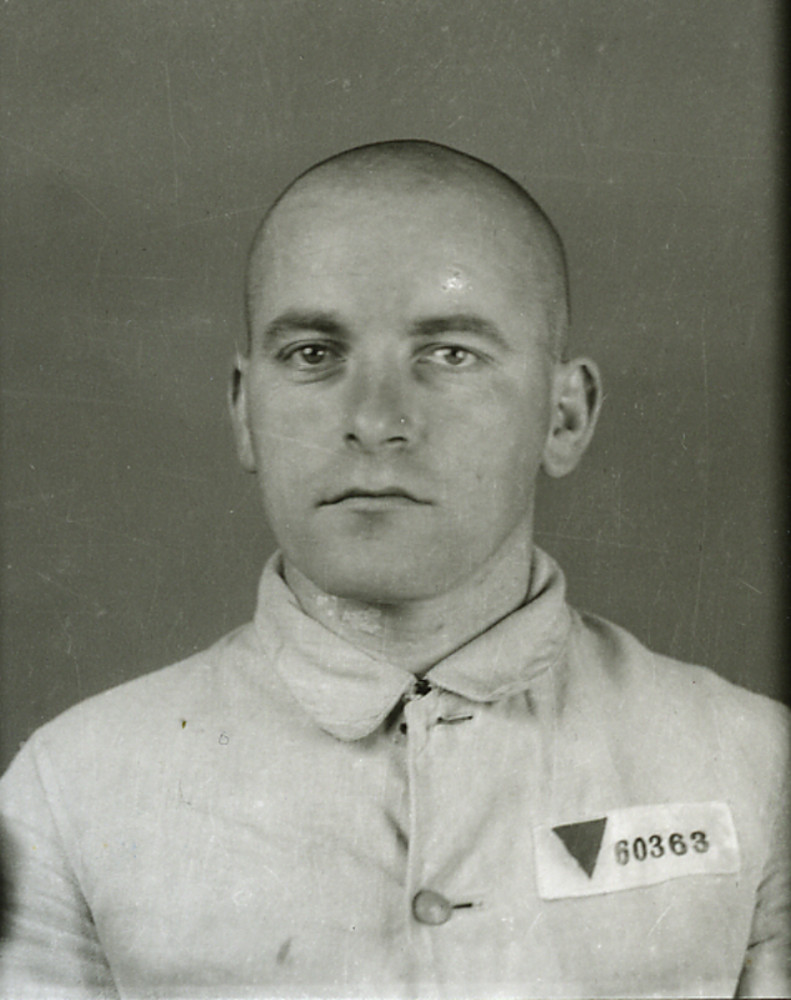Im Nachgang zu einer Flugblattaktion von Kommunist*innen in München, die über die Bedingungen im KZ Dachau aufklärte, wurde der Schreinergehilfe Wörl von der Gestapo im Mai 1934 festgenommen und wenig später selbst ins KZ Dachau eingewiesen, wo er bei einer Unterbrechung von wenigen Monaten im KZ Flossenbürg 1939/40 letztlich bis zum 10.6.1942 verbleiben sollte. Zunächst neun Monate lang im Arrestbau in Dachau größtenteils in Dunkelhaft eingesperrt, leitete er danach die Lagerschreinerei und wurde später als Pfleger in den Häftlingskrankenbau überstellt, wo ihm seine Erfahrungen in einer Sanitätskolonne des Roten Kreuzes vor 1933 zugute kamen. Dort bildete er sich selbst weiter, organisierte die Schulung von Häftlingspflegern und behandelte u.a. Kurt Schumacher mit gestohlenen Medikamenten. Durch seinen Einsatz konnten auch etliche andere Häftlinge das KZ Dachau überleben.
Im August 1942 wurde Wörl in das Konzentrations- und Vernichtungslager Auschwitz verlegt, wo eine Fleckfieber-Epidemie grassierte. Als Lagerältester der Krankenhausbaracken fälschte Wörl Selektionslisten, versteckte Häftlinge und rettete – entgegen den ausdrücklichen Anordnungen der SS – jüdische Ärzt*innen vor der Vernichtung, indem er sie für den Häftlingskrankenbau anforderte. Auch im Arbeitslager Güntergrube bei Auschwitz setzte sich Wörl für die sechshundert jüdischen Häftlinge ein, schützte sie vor Misshandlungen durch Kapos, besserte ihre Versorgung mit Lebensmitteln und Kleidung auf und stellte kranke Gefangene von harter Arbeit frei. Im Außenlager Ebensee des KZ Mauthausen wurde Wörl im Mai 1945 befreit.
Nach dem Krieg lebte Wörl, zu 70% erwerbsunfähig, in seiner Heimatstadt und betrieb einen Zeitschriftenkiosk. Er hielt die Erinnerung an die Opfer der Konzentrationslager in der deutschen Bevölkerung wach, stand seit Ende der 1950er-Jahre der Organisation ehemaliger Auschwitzhäftlinge in Deutschland vor und stellte sich für NS-Prozesse als Zeuge zur Verfügung. So etwa war er während des Frankfurter Auschwitz-Prozesses 1963 einer der Hauptzeugen. Im März desselben Jahr wurde Wörl von der zentralen israelischen Holocaust-Gedenkstätte Yad Vashem als „Gerechter unter den Völkern“ ausgezeichnet.
Die Spätfolgen der letztlich insgesamt elfjährigen KZ-Haft führten zu seinem frühen Tod mit 61 Jahren. Erst 1995 wurde ein kleiner Weg im westlichen Münchner Stadtteil Hadern nach ihm benannt.


